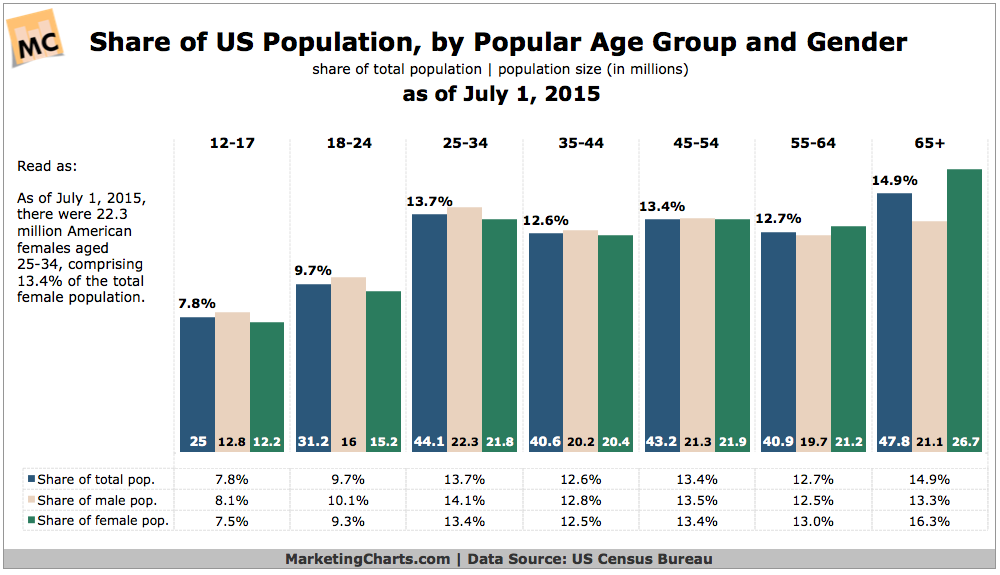A “mediator” serves as a conduit, or channel, between two parties in conflict, seeking to ensure that both feel understood, respected, and able to contribute towards an agreeable solution.
As a pastor, I have served as a mediator numerous times – negotiating house rules, establishing consensus over new policies in the church, or seeking healing in a relationship.

© 2010 Eric Danley, Flickr | CC-BY | via Wylio
Within the church, disagreements can erupt between different generations due to disparate values, beliefs, and practices. I have stood up in defense of Millennials amidst a boardroom of angry Baby boomers, and I have defused frustration among disillusioned Millennials in hallway conversations.
As churches seek to become more intergenerational in their programming, conflict will inevitably arise. Does your community have people who are equipped to serve as intermediaries between the generations? Mediators of generational conflict can restore peace and unity in three ways.
1. Mediators understand.
Effective mediators are “swift to hear, slow to speak.” (James 1:19) They ask great questions and are motivated to understand another’s perspective. They want to know the “what,” but will keep digging until they also discover the “whys.” Before bringing together conflicting parties, mediators will seek to understand each group’s desires, values, and practices.
2. Mediators translate.
During times of conflict, fear and anger can limit or completely block reasonable communication. Mediators are able to remove these obstacles and promote effective communication. By knowing those involved, they will choose words and expressions designed to calm emotions and facilitated mutual understanding between the parties. Fruitful mediation takes time, and all sides must remain patient through the process, believing the results will be worth the effort.
3. Mediators build bridges.
In the midst of discord, we tend to focus on our differences and perceive our opposition as villains. Dehumanizing others relieves our own sense of guilt, allowing us to justify hurtful words, thoughts, and actions. Mediators remind each side of their common ground, and build bridges towards mutual respect, understanding, and love. As human beings, we can always find some common ground in personal fears, dreams, and emotions. Within the church, mediators lead us to our common ground in Jesus and His call upon our lives.
If your community seeks to become intergenerational, who has God provided as potential mediators? Seek out and train individuals who are able to value varied perspectives, who can communicate with patience, and who know how to build bridges upon common faith and love. Well-trained mediators are essential to maintaining a healthy, united community.
Dr. G. David Boyd is the Founder and Managing Director of EA Resources. This article first appeared on ChurchCentral.com, where David is a regular contributor.








 It is official! The reign of the Babyboomers as America’s largest living generation is coming to an end. The population of the Millennials is currently 75 million, but is expected to increase due to immigration.
It is official! The reign of the Babyboomers as America’s largest living generation is coming to an end. The population of the Millennials is currently 75 million, but is expected to increase due to immigration.
 Millennials who are said to have been pampered and babied through life are often unfairly characterized as being delusional and selfish. Rather than characterize a generation in a negative light, we should seek to personally minister to those emerging adults that God has placed around us. It is not just emerging adults who struggle because they thought life would be easier. All humans struggle with overcoming broken dreams and failing expectations.
Millennials who are said to have been pampered and babied through life are often unfairly characterized as being delusional and selfish. Rather than characterize a generation in a negative light, we should seek to personally minister to those emerging adults that God has placed around us. It is not just emerging adults who struggle because they thought life would be easier. All humans struggle with overcoming broken dreams and failing expectations.

